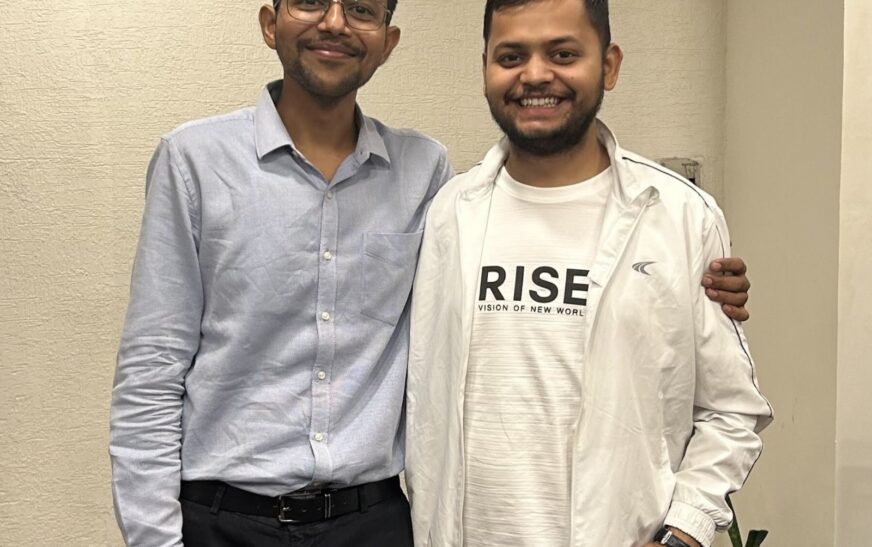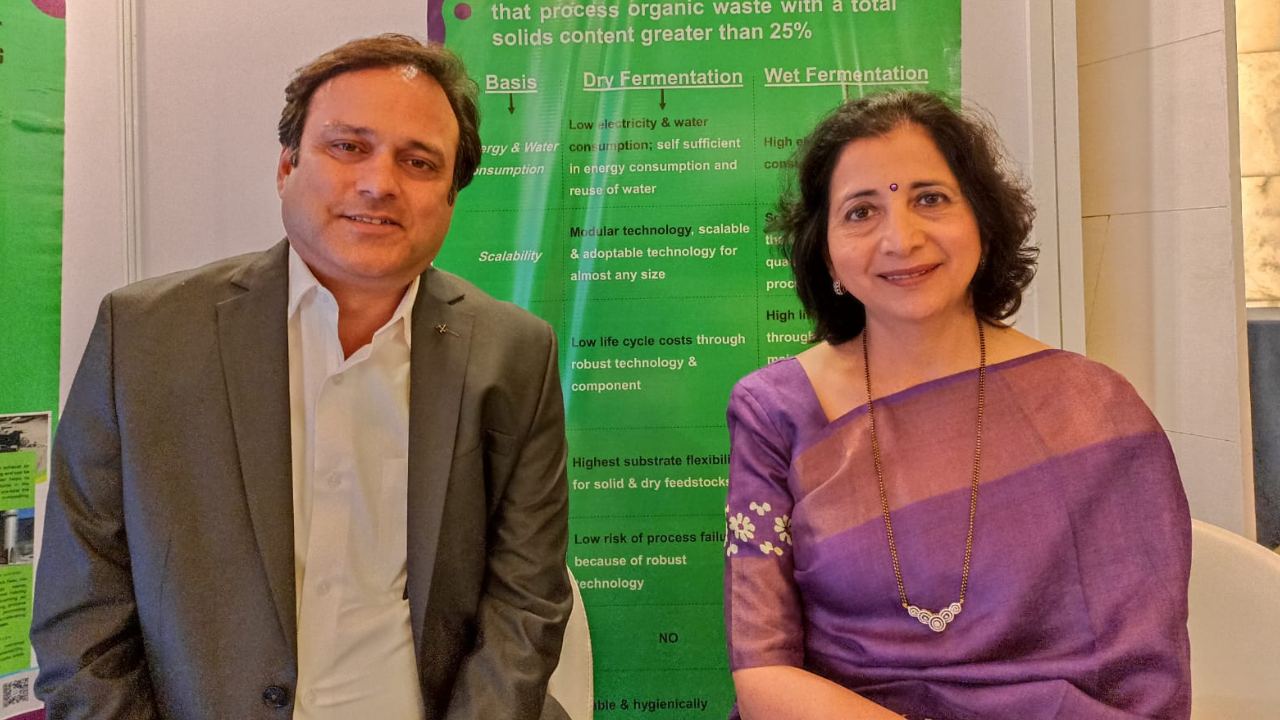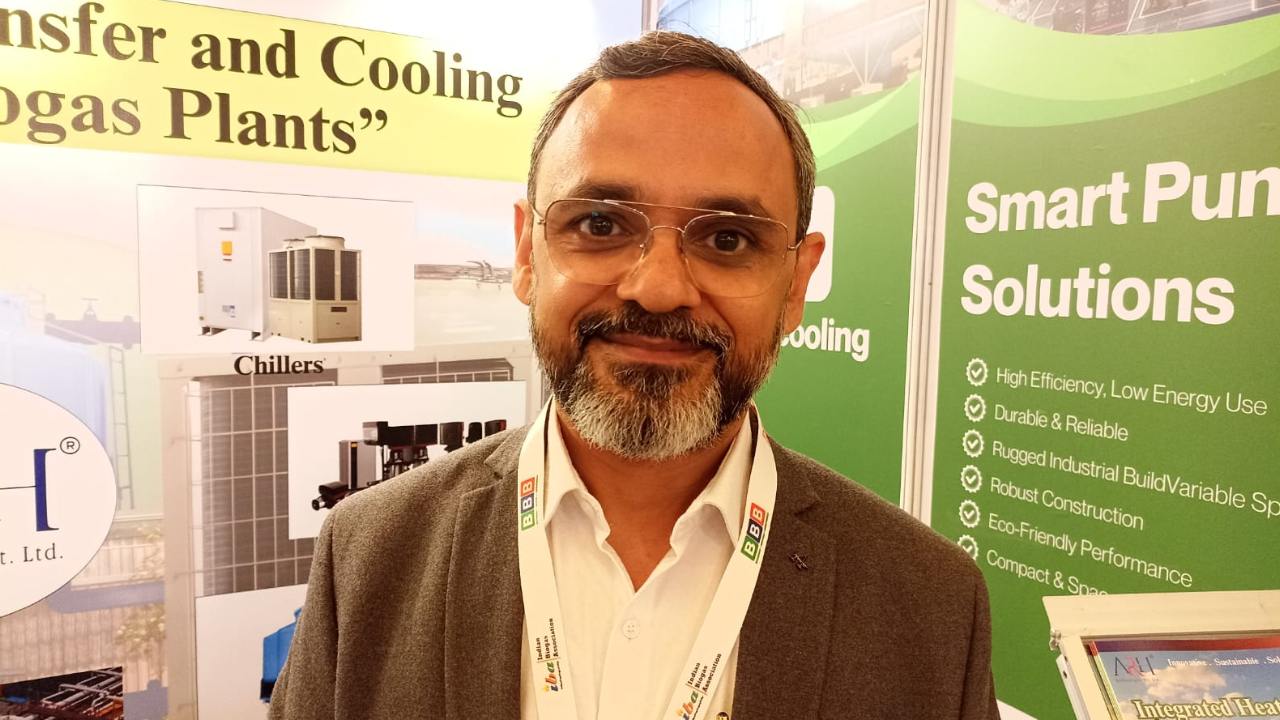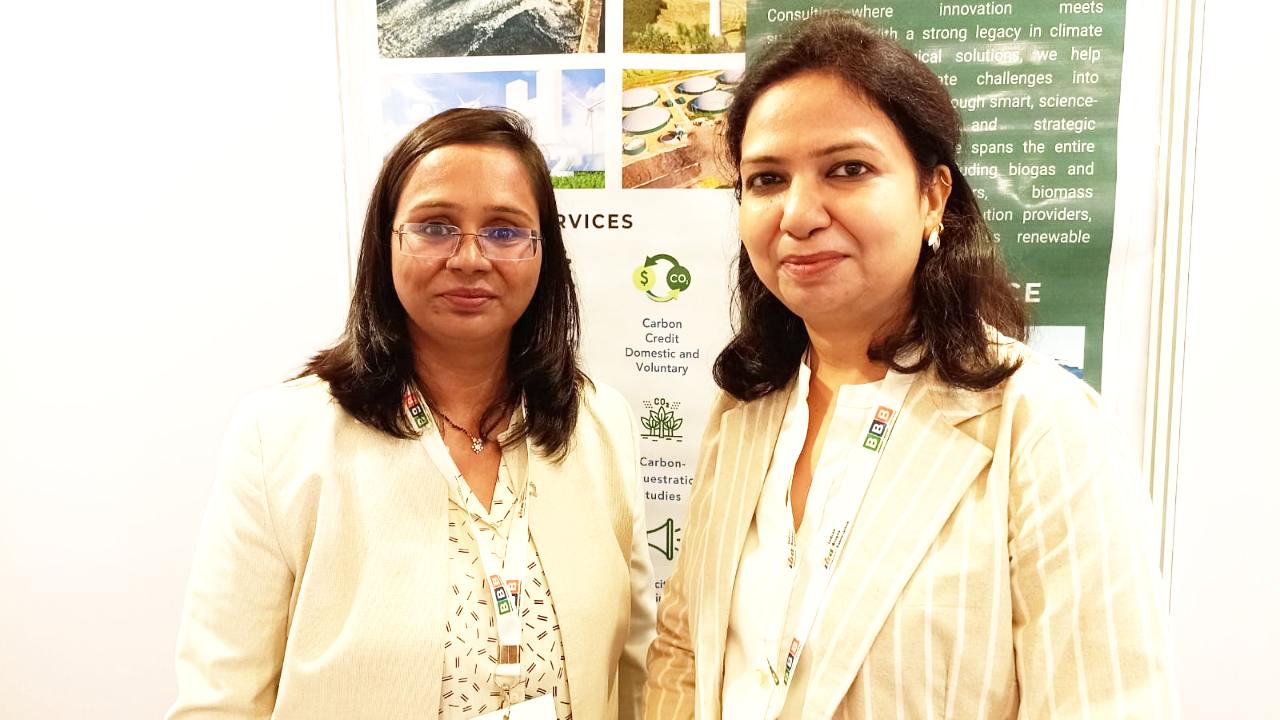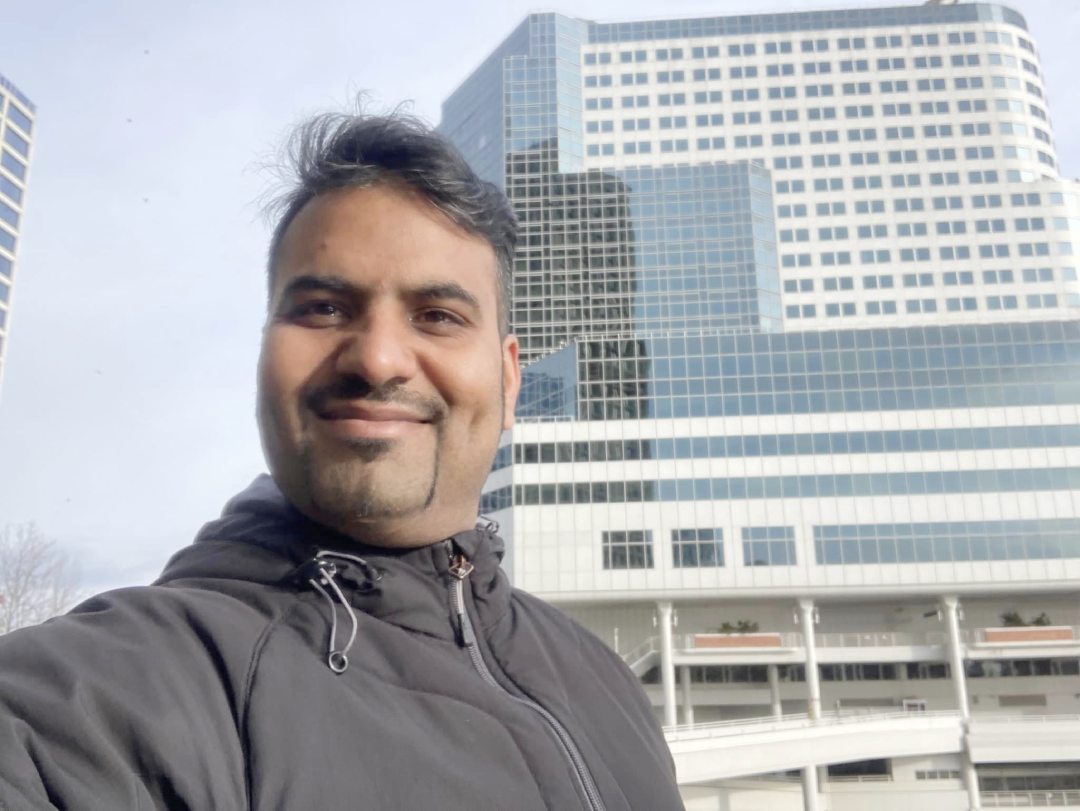Abiyo, a contactless voice-generated record app, frees doctors from administrative tasks, allowing them to prioritize patient care. This app swiftly generates prescriptions and medical records through clinical conversations. Furthermore, Abiyo empowers doctors to easily transition from dialogue to documentation, ensuring clear and timely prescriptions without typing. This enhances efficiency and improves the patient experience.
Founded by Shivam Garg and Kanishka Sahu, Abiyo empowers doctors to focus solely on patient interaction. It creates prescriptions and medical records in the desired format using clinical conversations. The prescriptions are ready as soon as the conversation ends, making them easy to understand.
In an exclusive dialogue with The Interview World, Shivam Garg, Co-founder of Abiyo, underscores the app’s key features. He explains how Abiyo bridges the gap between doctors and patients. Here are the key insights from his interview.
Q: Could you provide an overview of your healthcare product, including its main features and benefits?
A: I am developing a healthcare solution called Abiyo to help doctors improve patient treatment and experience. By leveraging new technology and meeting policy demands, we digitize patient information. Doctors struggle to record data while talking to patients. Patients feel ignored as their doctors focus on screens instead of them. This is a significant problem.
To address this, we created an AI-powered, voice-enabled solution that automatically records doctor-patient conversations into the required software format. We demonstrated this solution to many hospitals across NCR, but the market is not ready for immediate adoption.
Doctors and hospitals without tech solutions resist change. Those with tech solutions find the model’s accuracy insufficient. Therefore, our solution is innovative but not yet market-ready. However, it may be a good time to explore this solution in foreign markets.
Q: How will your product ensure that patients understand how the primary information collected through your technology-based app will aid in their diagnosis?
A: When you visit a doctor, your outcome can vary based on how informed and tech-savvy you are about your health. Even if two patients see the same doctor for the same disease, their understanding and engagement in their treatment can lead to different results.
Patients who are not well-informed or tech-savvy tend to focus only on their prescriptions. They might not understand or pay attention to the details of their diagnosis and treatment. This can lead to a less effective treatment experience.
However, our advanced system records the entire conversation and treatment plan between the doctor and patient. For instance, if the doctor prescribes four medicines and advises a follow-up visit in six days, the system documents this information comprehensively. This system ensures that patients have access to detailed records of what their doctor said, their past medical history, and the specific treatment plan. Consequently, patients can be more engaged and informed about their health care.
Q: How will healthcare providers accurately diagnose the specific condition a patient is suffering from?
A: Whenever doctors write prescriptions for me, their handwriting is often illegible, making patients reluctant to even attempt reading it. However, when patients revisit the discussion they had with their doctor, they tend to recall and understand the information much better. During consultations, doctors usually explain the diagnosis and treatment clearly, such as by mentioning the need for a Doppler test for a specific disease. Revisiting this information, whether through notes or recordings, helps patients recapture and better understand their medical instructions. This practice not only reinforces their knowledge but also enhances their confidence in managing their health.
Q; Can you provide a detailed explanation of the technology behind Abiyo?
A: We utilize voice modulation technology to transform spoken frequencies into text, a process that begins by capturing and converting voice frequencies into written format. This initial conversion is followed by the application of AI algorithms, which process the textual data to conform to the specific requirements of software applications. This multi-layered approach involves not only converting voice to text but also refining and structuring the text to fit the intended software framework. In essence, the process comprises three distinct stages of text processing, each crucial in ensuring the final output meets the necessary criteria and is effectively integrated into the desired software environment.


